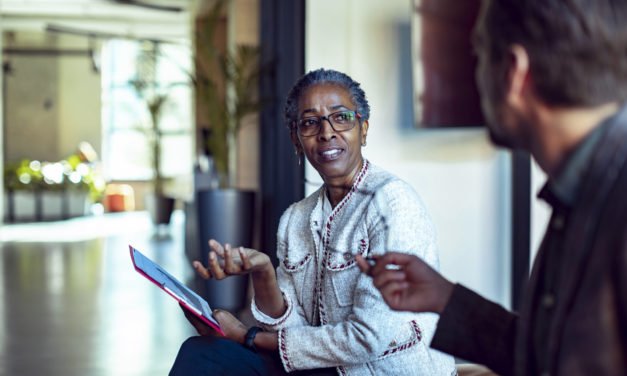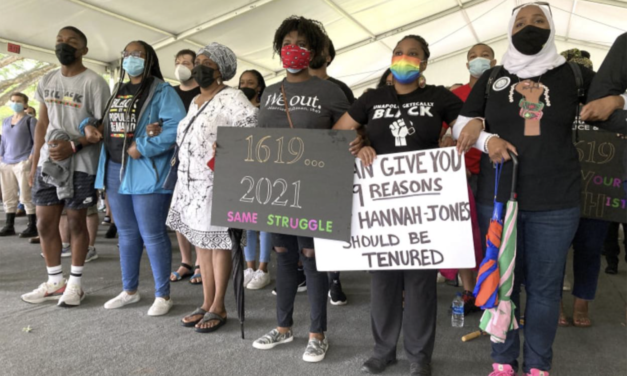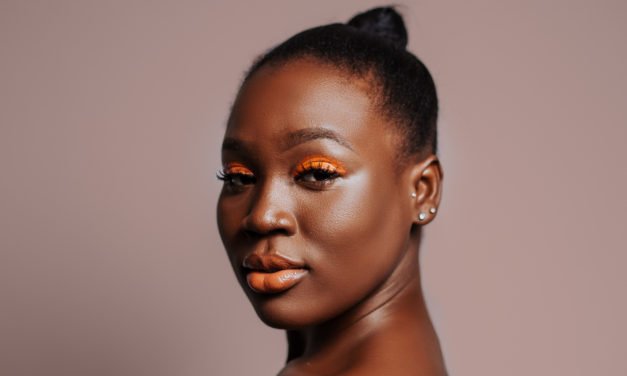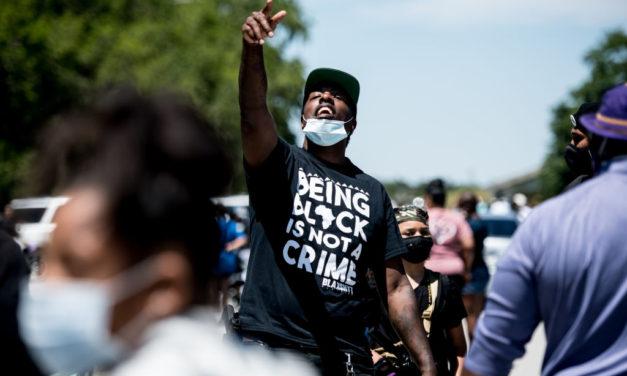A Point of View: Lessons From a First Gen
I can’t remember exactly when was the first time that I heard the terms “first generation” or “first gen,” but I can distinctly remember the first time that I realized that I was, in fact, very different from many of my classmates. Throughout high school, I did all of the things I was “supposed” to do to excel and get into a “good” school: I ran for Student Council, participated in extracurricular activities, maintained good grades, took SAT prep courses, applied for scholarships, and made sure I regularly visited my guidance counselor. I was as prepared as I could be — or so I thought.
Read More























